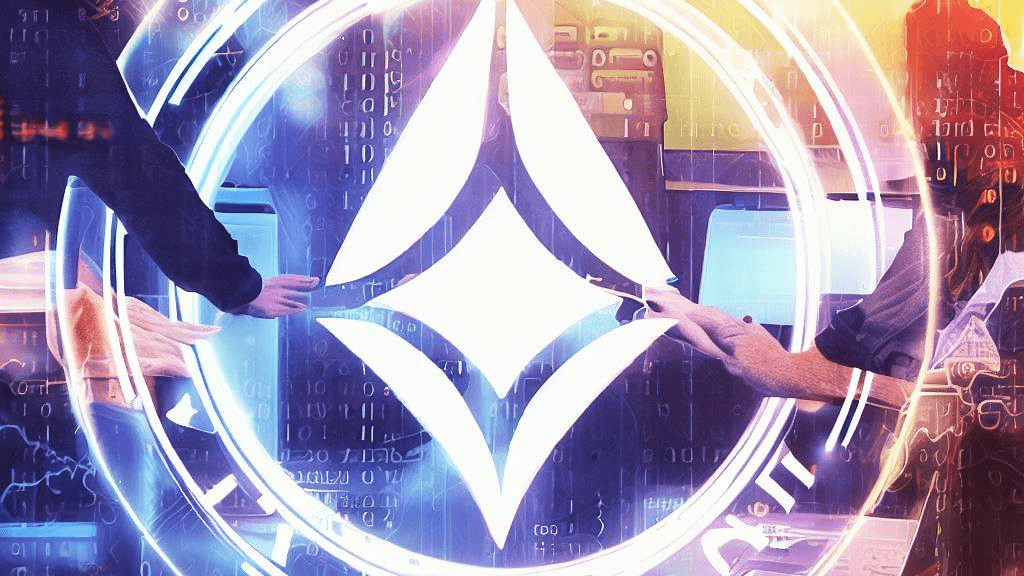
Decentralized Finance (DeFi) has become a thriving ecosystem within the cryptocurrency space, driven by the principles of openness, collaboration, and innovation. However, recent clashes over open-source licenses have raised questions about the extent of true decentralization and the implications for the DeFi space. The controversy surrounding the Uniswap v4 fork is one such incident that has sparked debates within the crypto community. Ethereum (ETH) veteran Pascal Marco Caversaccio’s attempt to change the license status of his Uniswap v4 fork to the Affero General Public License (AGPL) led to an unexpected Digital Millennium Copyright Act (DMCA) takedown request from the Uniswap (UNI) team. This article delves into the details of the Uniswap v4 fork controversy, explores the implications of open-source licenses in DeFi, and reflects on the principles that underpin the decentralized ecosystem.
The Uniswap v4 Fork Controversy
On August 4, 2023, Pascal Marco Caversaccio, a long-term contributor to the Ethereum Virtual Machine (EVM) ecosystem, announced his intention to change the license status of his Uniswap v4 fork to the AGPL. His goal was to make Uniswap (UNI) truly open-source, enabling anyone to contribute to its code base without limitations. Caversaccio argued that since the Uniswap team invited others to contribute for free, adopting a proper open-source license was a logical step.
The move garnered support from over 300 Ethereum (ETH) developers on GitHub. However, Uniswap Labs representatives responded by filing a DMCA report to the GitHub team, alleging copyright infringement. They demanded that Caversaccio remove the Uniswap v4 fork from his repository within seven days.
The incident sparked heated debates within the crypto community about open-source licenses and the principles of decentralization.
Implications of Open-Source Licenses in DeFi
Open-source licenses play a crucial role in the DeFi ecosystem, as they determine how code can be used, modified, and distributed. They underpin the principles of transparency, collaboration, and community-driven development that are fundamental to DeFi projects.
The clash between Caversaccio’s Uniswap v4 fork and the Uniswap team brings into focus the significance of choosing the right license for a project. While Uniswap’s original codebase operates under a Business Source License (BSL), the community’s call for the AGPL reflects a desire for greater openness and accessibility. BSL allows users to view the source code but imposes restrictions on the use of the software in commercial applications, while AGPL ensures that any software derived from the original code must also be open-source.
The incident raises questions about the extent of decentralization in DeFi projects that rely on licenses with commercial usage restrictions. Some argue that such licenses may limit the project’s true decentralization, as they could grant more control to the founding team or a specific entity.
The Role of Decentralized Governance
Decentralized governance is a core tenet of the DeFi space, where decision-making power is distributed among the community of stakeholders. However, the Uniswap v4 fork controversy highlights challenges in achieving true decentralization, especially when key decisions are made by specific entities or individuals.
Uniswap (UNI) founder Hayden Adams’ response to the situation underscored the need for improved communication and consensus-building within the community. The apology and withdrawal of the DMCA takedown demonstrated the importance of addressing conflicts and misunderstandings promptly.
The Incident as Part of a Broader Trend
The Uniswap v4 fork incident is not an isolated case within the DeFi community. Recently, Polygon Labs accused zkSync of copying a significant portion of Polygon’s SNARK Plonky2 code base in the Boojum upgrade. Such incidents highlight the complexity of open-source collaboration and the challenges of maintaining trust and cooperation within the DeFi space.
Conclusion
The Uniswap v4 fork controversy has brought open-source licenses and decentralized governance to the forefront of discussions in the DeFi community. As the ecosystem continues to grow and evolve, it is essential for projects to carefully consider the implications of their chosen licenses on decentralization, collaboration, and community engagement. Transparent communication and consensus-building are vital to maintaining trust and harmony within the DeFi space. As the crypto community reflects on this incident, it must continue to uphold the principles of openness, collaboration, and innovation that have driven DeFi’s rapid growth and transformation of the financial landscape.
Get the latest Crypto & Blockchain News in your inbox.